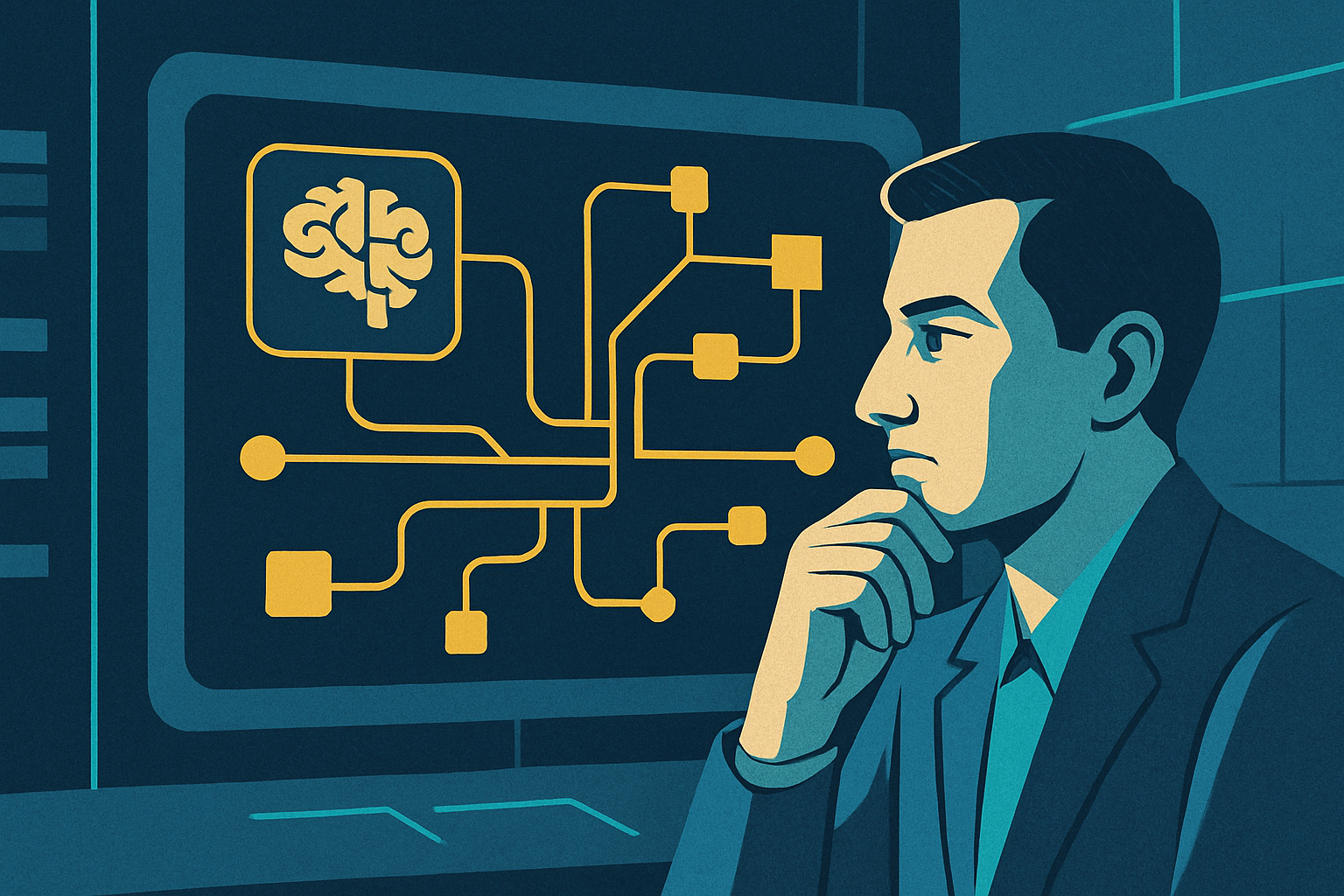-

Mature knowledge systems determine AI and growth outcomes. A global iManage study finds organisations with strong knowledge foundations are nearly twice as likely to report revenue growth and are significantly more successful at embedding AI into daily operations.
-

UK employees welcome AI but demand human oversight. A nationwide survey of 2,000 employees finds strong enthusiasm for artificial intelligence in the workplace, but clear insistence that accountability and final decision-making authority remain with people as adoption expands.
-

AI-first organisations integrate literacy across culture and leadership. Alex Rumble, AI Ambassador & CMO at HTEC, argues that sustainable AI adoption depends on organisational architecture, leadership capability, and diversity — not pilot programmes or cost-cutting exercises.
-

Drata expands with new San Francisco headquarters opening. The trust management platform reports 190% enterprise growth and outlines new AI-driven product initiatives as it deepens its presence in the US technology market.
-

Sendr debuts scalable personalised video for ecommerce recovery. UK startup targets $4TN abandoned cart market with lipsync automation, claiming 33% uplift in pilot revenue and direct integration with Klaviyo’s 500,000-store ecosystem.
-

AI adoption in finance reaches near-universal industry penetration. New research from Finastra finds just 2% of financial institutions report no use of artificial intelligence, as organisations shift from experimentation to scaled deployment across risk, customer service, and compliance functions.
-

Signicat names Ray Ryan UK country manager. The hire comes as UK businesses report that 22% of annual revenue is affected by identity fraud and prevention costs, and as organisations prepare for regulatory changes including eIDAS 2.0.
-

Most organisations overestimate AI readiness, new report finds. JumpCloud’s Q1 2026 IT Trends Report reveals a widening gap between perceived AI maturity and infrastructure readiness, as security risks, shadow AI use, and fragmented identity systems challenge enterprises attempting to scale artificial intelligence safely.
-

Barclays aims for £2 billion cost savings using AI. The bank plans to enhance productivity and customer experience by investing in technology while returning over £15 billion to shareholders by 2028 as part of its restructuring strategy.
-

Alibaba paused chatbot coupons after heavy demand strained its AI systems. The disruption followed a Lunar New Year promotion tied to AI-driven shopping, highlighting execution risks as generative AI tools move from conversation into real-world commerce.
